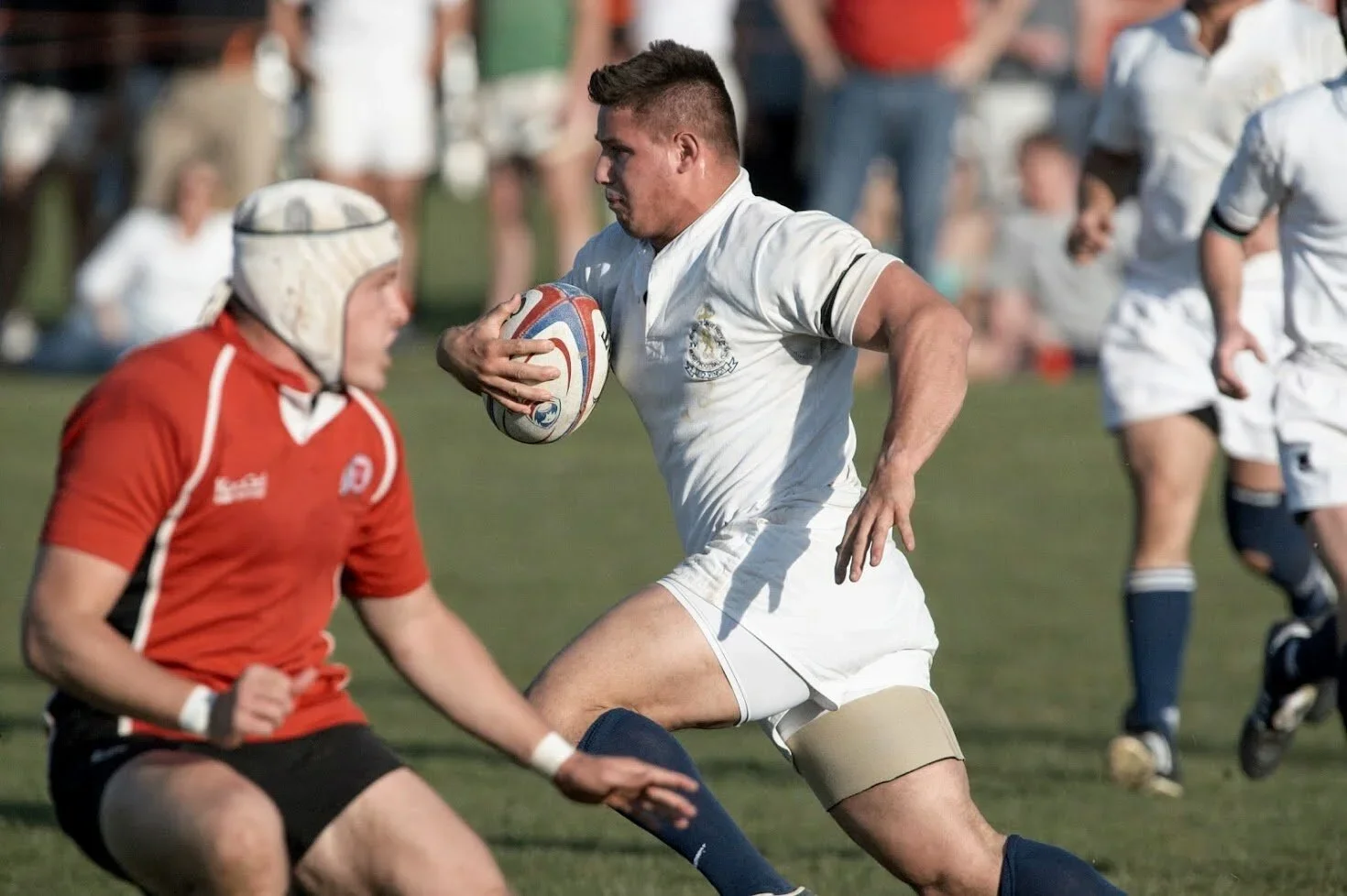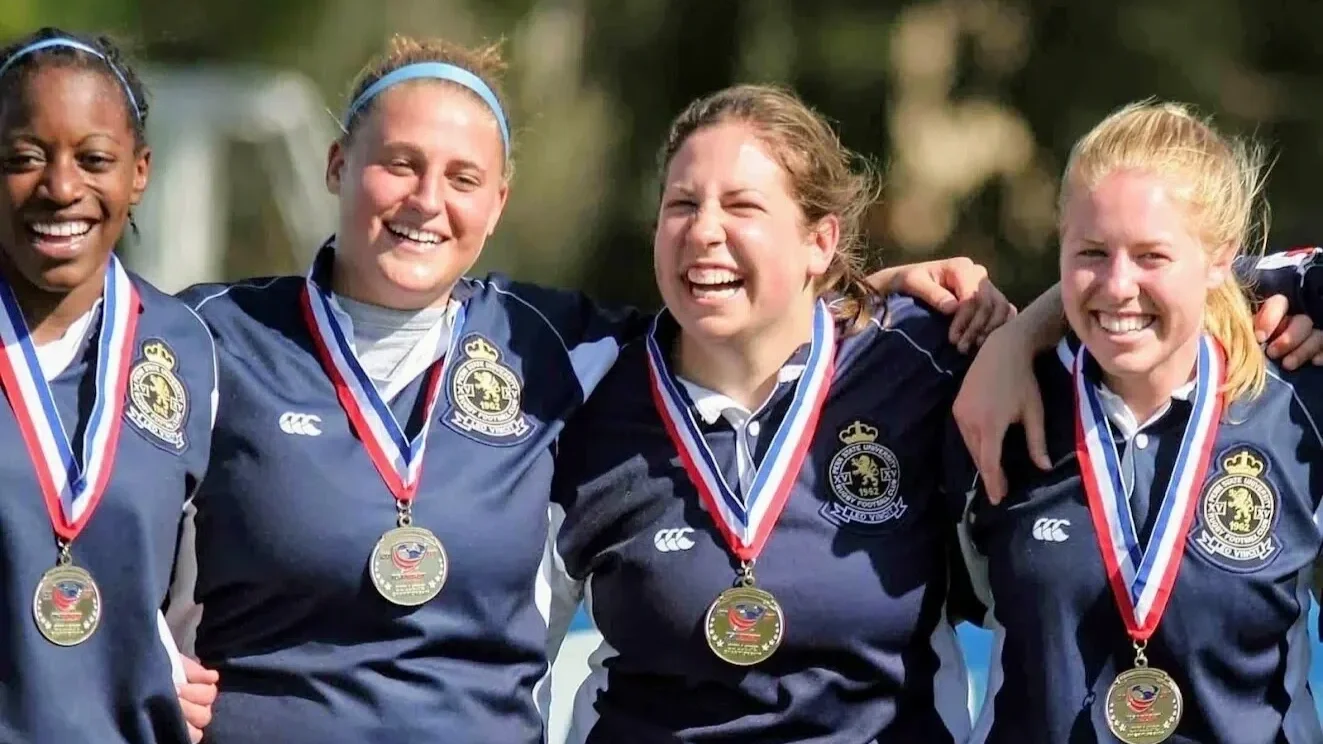About Us
Since 1962, Penn State Rugby has provided students with the opportunity to compete at the highest level of collegiate rugby while building the skills needed for success off the pitch.
From 1962 to 2005, rugby at Penn State was a “Club Sport,” relying wholly on player dues, contributions from alumni and parents, creative fundraisers, and limited (but important) university support. The Penn State Rugby Alumni Club was incorporated in 2000 to solicit donations and expand funding for the teams to include equipment, administrative and medical support, camps and clinics, recruiting efforts, uniforms, and travel. The Alumni Club became a registered 501(c)(3) nonprofit organization in 2001.
Due to success on the national stage over several decades, rugby was elevated with “Team Sport” status within the PSU Athletic Department in 2005. With an increase in parent and community involvement, the Alumni Club transitioned to the Penn State Rugby Booster Club in 2018.
The Penn State Rugby Foundation was founded in Fall 2018 to provide long-term financial support for the rugby programs. It established an endowment intended to help fund coaching staff, scholarships, and other critical needs. Its 20 founding members share a vision for the future of Penn State Rugby: a competitive, life-changing program available to generations of student athletes to come.
For several years, the Foundation and Booster Club worked together as sister organizations to support rugby at Penn State. In 2025, the Booster Club and Foundation merged into a single, unified organization: the Penn State Rugby Association. This step forward has allowed us to better serve players, streamline operations, and make supporters’ gifts go even further. Stronger together, we believe that Penn State Rugby helps players become better leaders and better people. Our goal is to guarantee this opportunity to students in perpetuity. To learn more about this merger, please visit our FAQs page.
“The most valuable part of my Penn State Rugby experience? Old friends, sharing stories, and watching the current teams’ success—and living vicariously through the current players.”
— Dave Huff, 1987


